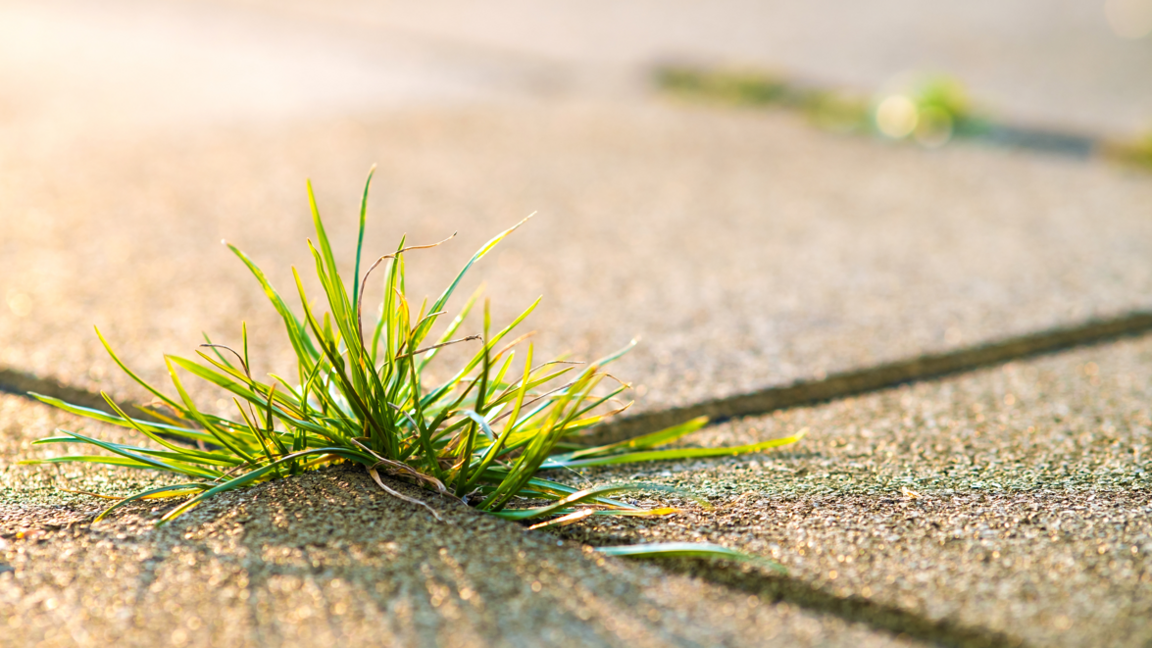Weed killer use 'threatens insects and humans'
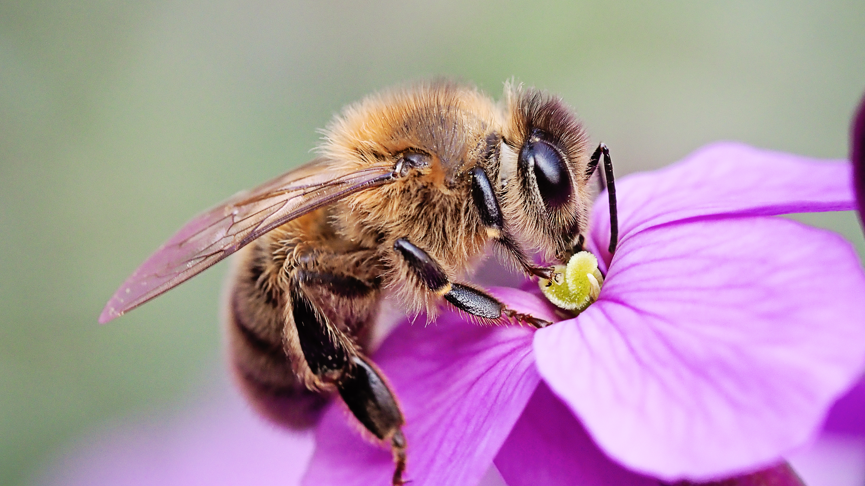
Campaigners say the reintroduction of weed killers is threatening pollinating insects
- Published
A cancer survivor has criticised a Sussex council's decision to reintroduce weed killer in public areas, saying it is a health risk to insects and people.
Ian Beck said Brighton and Hove City Council should have consulted the public about bringing back glyphosate weed killer.
Mr Beck, secretary of Hollingdean Residents’ Association, told a council housing management panel meeting he was concerned about the use of the chemical.
He said: “People like me who have had cancer, we don’t know if they are carcinogenic. We don’t know what wildlife it’s killing. We don’t know if the bee population will survive."
Councillors voted to restart using the herbicide almost five years after a ban.
The council said it would use a controlled droplet method, using less glyphosate than conventional spraying in a way that was more focused.
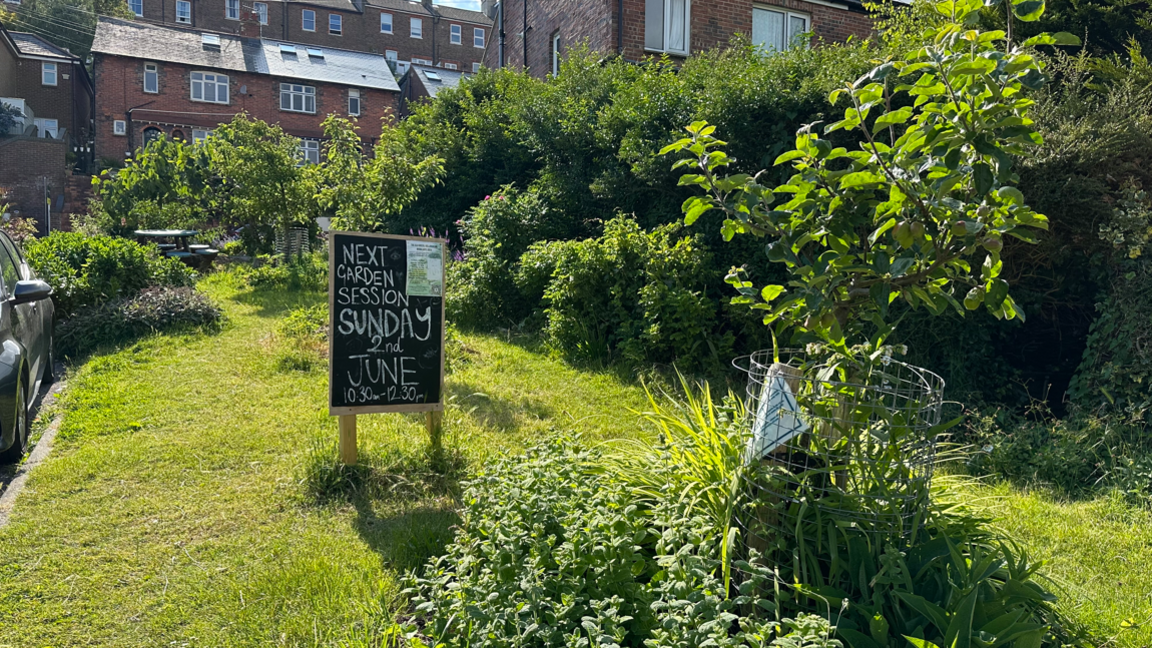
Residents have created a community garden in Hollingdean
The weed killer is suspended in a non-toxic oil solution and sticks to target plants, producing no breathable droplets.
So far workers have treated 140 streets in Portslade and are working on Hove.
Mr Beck told the 11 June meeting: “These glyphosates don’t care what’s killed and the bee population is disappearing rapidly.
“Residents should have been consulted."
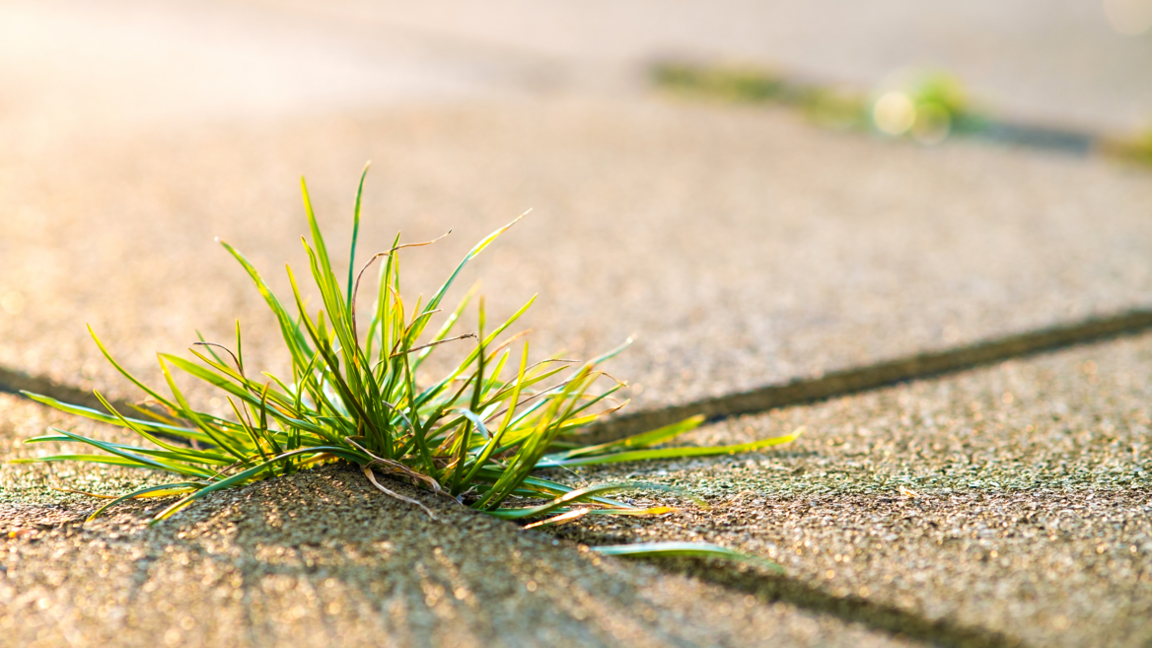
The city council says weeds are a major cause of damage to pavements in Brighton and Hove
Glyphosate was introduced by the US agrochemical firm Monsanto in 1974.
A report by the International Agency for Research on Cancer - the World Health Organization's cancer agency - concluded that glyphosate was "probably carcinogenic to humans".
Cllr Theresa Fowler said Brighton & Hove's policy would be reviewed in a year.
She said: “The council tried to manually remove weeds but it didn’t work.
“The weeds have got out of control in some areas.
“The council has a responsibility to make the pavement safe."
An opt-out system is being worked out for areas where communities do not want glyphosates.
Follow BBC Sussex on Facebook, external, on X, external, and on Instagram, external. Send your story ideas to southeasttoday@bbc.co.uk , external or WhatsApp us on 08081 002250.
Related topics
Related internet links
- Published4 June 2024
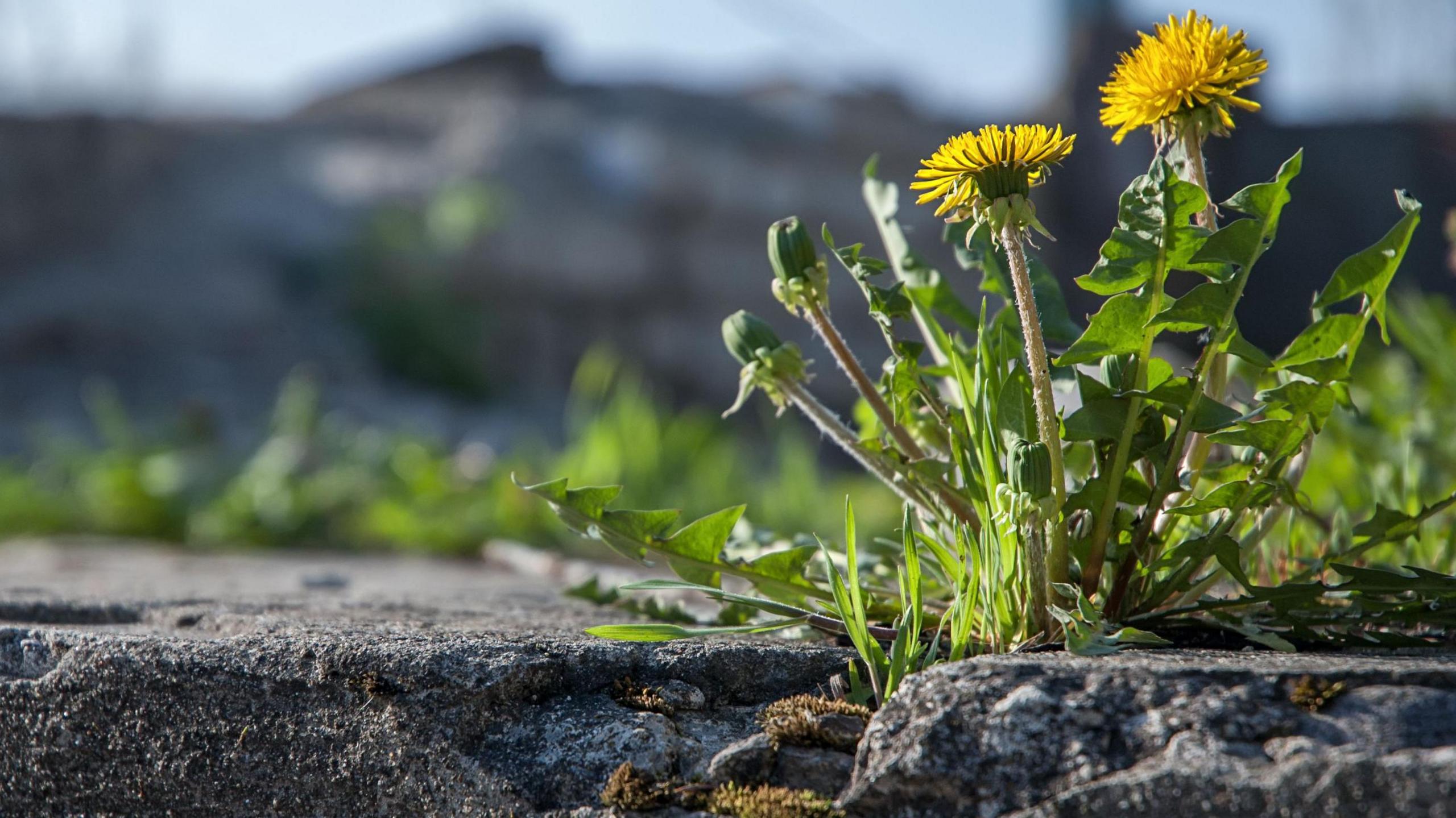
- Published13 May 2024
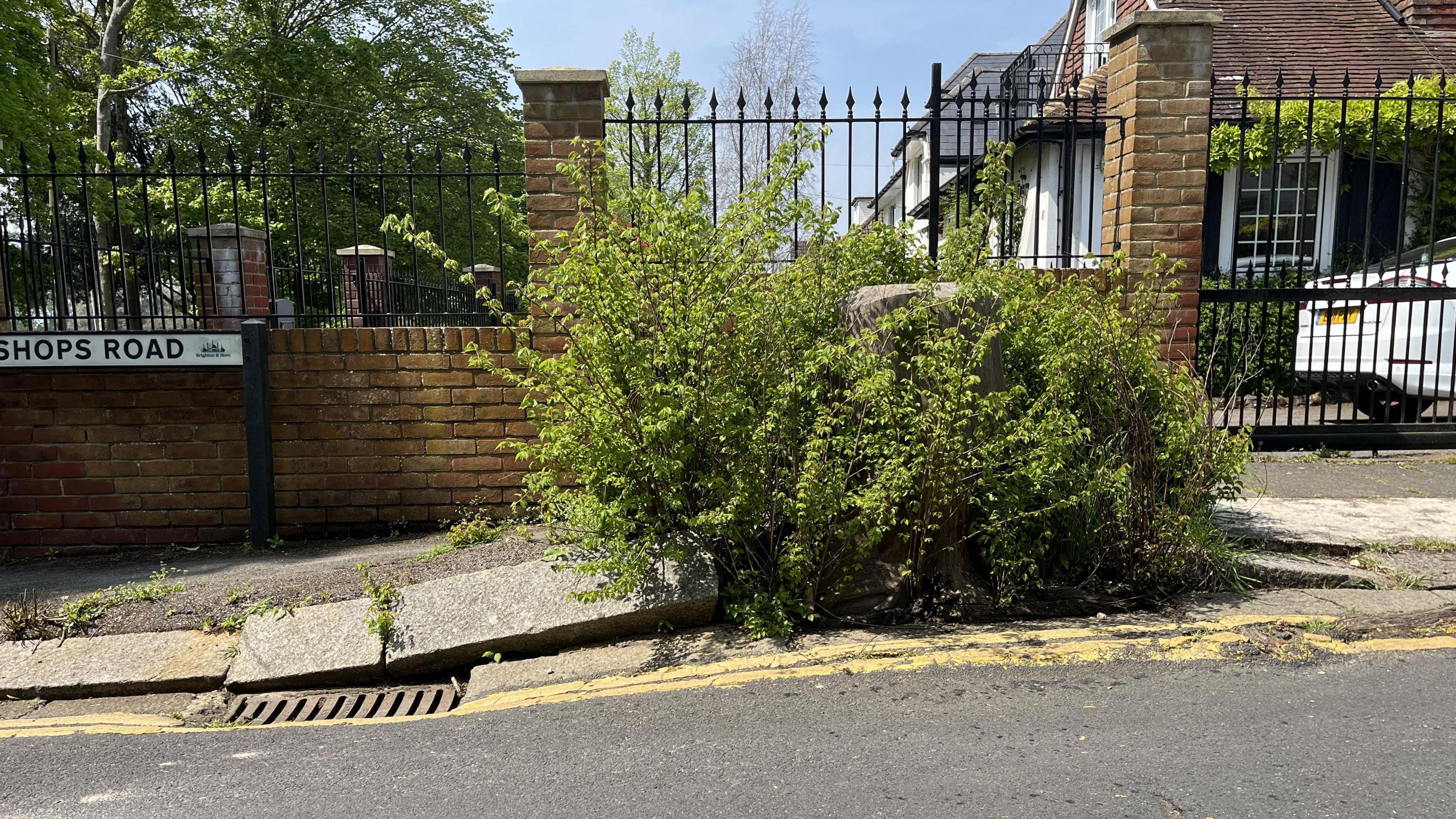
- Published24 January 2024
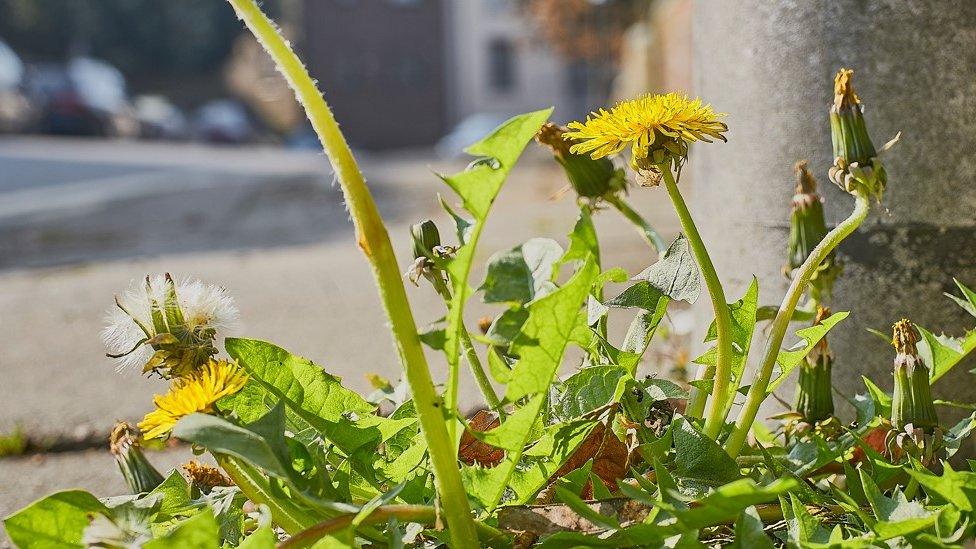
- Published16 January 2024
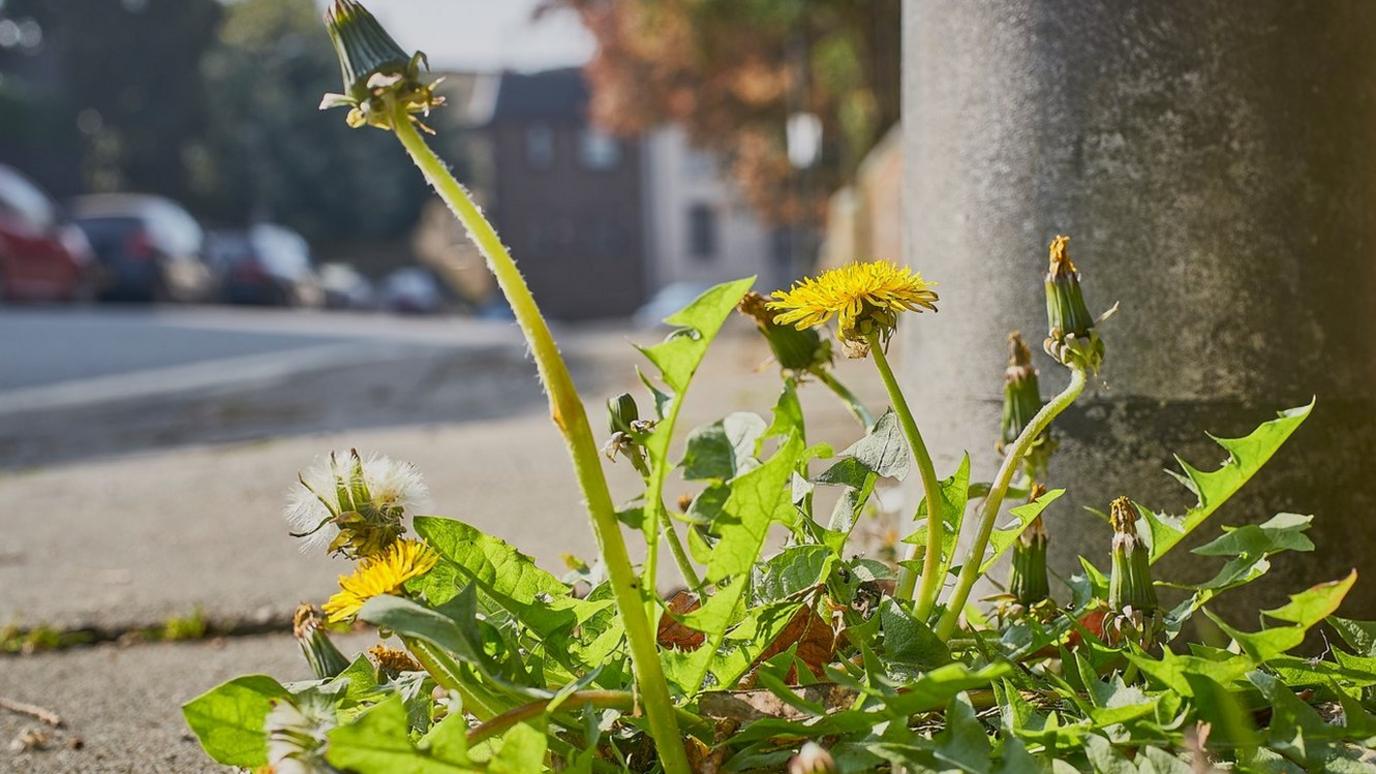
- Published4 April 2024
